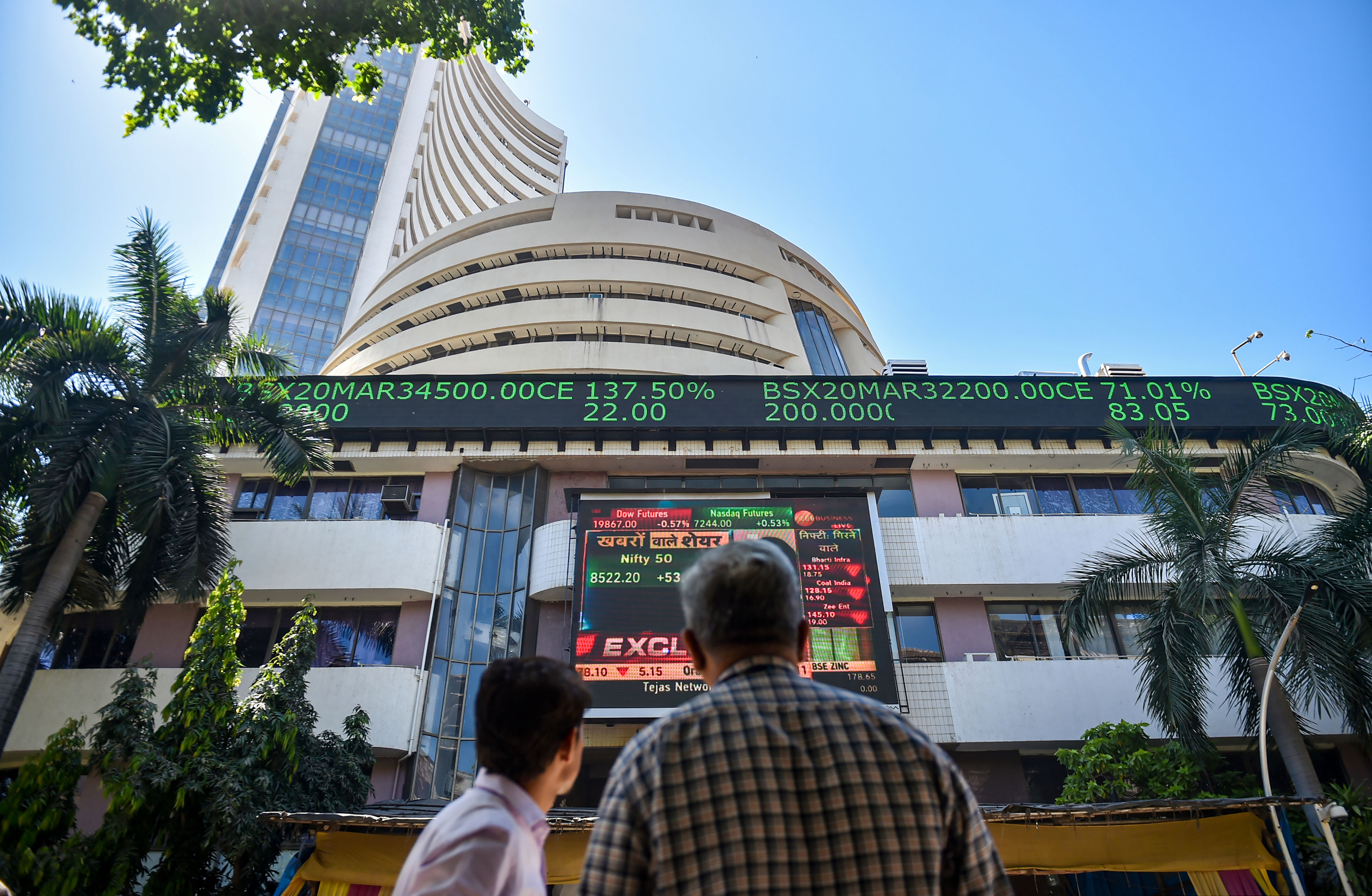Growth slowdown due to various factors, not just repo rate: Das
Addressing a press conference on his last day at work, Shaktikanta Das said restoring the growth-inflation balance is the most important task ahead for the Reserve Bank of India (RBI)
PTI
-
Outgoing RBI Governor Shaktikanta Das. PHOTO: PTI
Mumbai, 10 Dec
The growth slowdown is due to a
multiplicity of factors, and not due to the Reserve Bank's repo rate, outgoing
Governor Shaktikanta Das said on Tuesday.
Addressing a press conference on
his last day at work, Das said restoring the growth-inflation balance is the
most important task ahead for the Reserve Bank of India (RBI).
The six years during which Das was
the RBI governor included the Covid period and major geopolitical upheavals
like the wars in Ukraine and the Middle East.
The RBI has chosen to maintain
interest rates at elevated levels for nearly two years, with the Das-headed
Monetary Policy Committee (MPC) opting for a status quo at 11 consecutive
meetings.
Making it clear that people are
entitled to their views, the outgoing governor told reporters that the effort
has been to make the monetary policy "as appropriate as possible",
keeping in mind the ongoing conditions and also future outlook. Urging people
to not look at the issue of rate-setting in a simplistic way, Das said,
"as I look at it, I think growth is impacted by multiplicity of factors,
not just one factor of, you know, the repo rate".
"Within the MPC and RBI, I
think we are convinced that what we have done was the best option available...
under the circumstances," he added.
Union ministers Nirmala Sitharaman
and Piyush Goyal are among those who have publicly pressed for a reduction in
lending rates in the recent past, and the calls for action among some watchers
only got louder after official data suggested real GDP growth hitting a
seven-quarter low of 5.4 per cent for the July-September period.
Also Read | RBI keeps interest rates unchanged, cuts CRR
Das said the Indian economy is
resilient and robust, and has the capacity to deal with global spillovers very
effectively.
On his successor, Das said Sanjay
Malhotra has a very wide experience and will do the best for the institution.
Das said he does not see an issue
with the major changes in the MPC, which will soon have five of six members
with a small rate-setting experience.
A big institution like the RBI is
always a work in progress and there will always be tasks that need to be finished,
Das said, when asked about his unfinished agenda. He hoped that the
"transformational" unified lending interface (ULI) will have a
nationwide launch, and also for Central Bank Digital Currency (CBDC) to be
carried ahead as it is the "future of currency".
Recalling some challenges during
his tenure, Das said the focus always was to ensure that taxpayers' money is
not used to bail out an institution or merging a problematic institution with a
well-performing one.
Citing the case of YES Bank, Das said
the RBI managed to ensure that an SBI-led consortium of lenders gave the
required capital to save the private sector lender saddled with bad assets.
The YES Bank crisis resulted in a
learning for the RBI to increase supervision, which is much sharper today, Das
said.
On the RBI's increased propensity
to slap business restrictions on regulated entities under him, Das said efforts
are always made to avoid such outcomes by engaging with entities and sometimes
conversations stretch up to a year before a decision is made.
Once restrictions are in place, the
RBI considers it unnecessary to prolong such orders and is fine to ease them
once it sees efforts on compliance by the entity, he said, citing the case of a
non-bank lender where it lifted restrictions within two months.
Cybersecurity will also require
adequate attention going forward, Das said, maintaining that notions of the RBI
being too harsh on the fintech sector are incorrect.
Leave a Reply
Your email address will not be published. Required fields are marked *








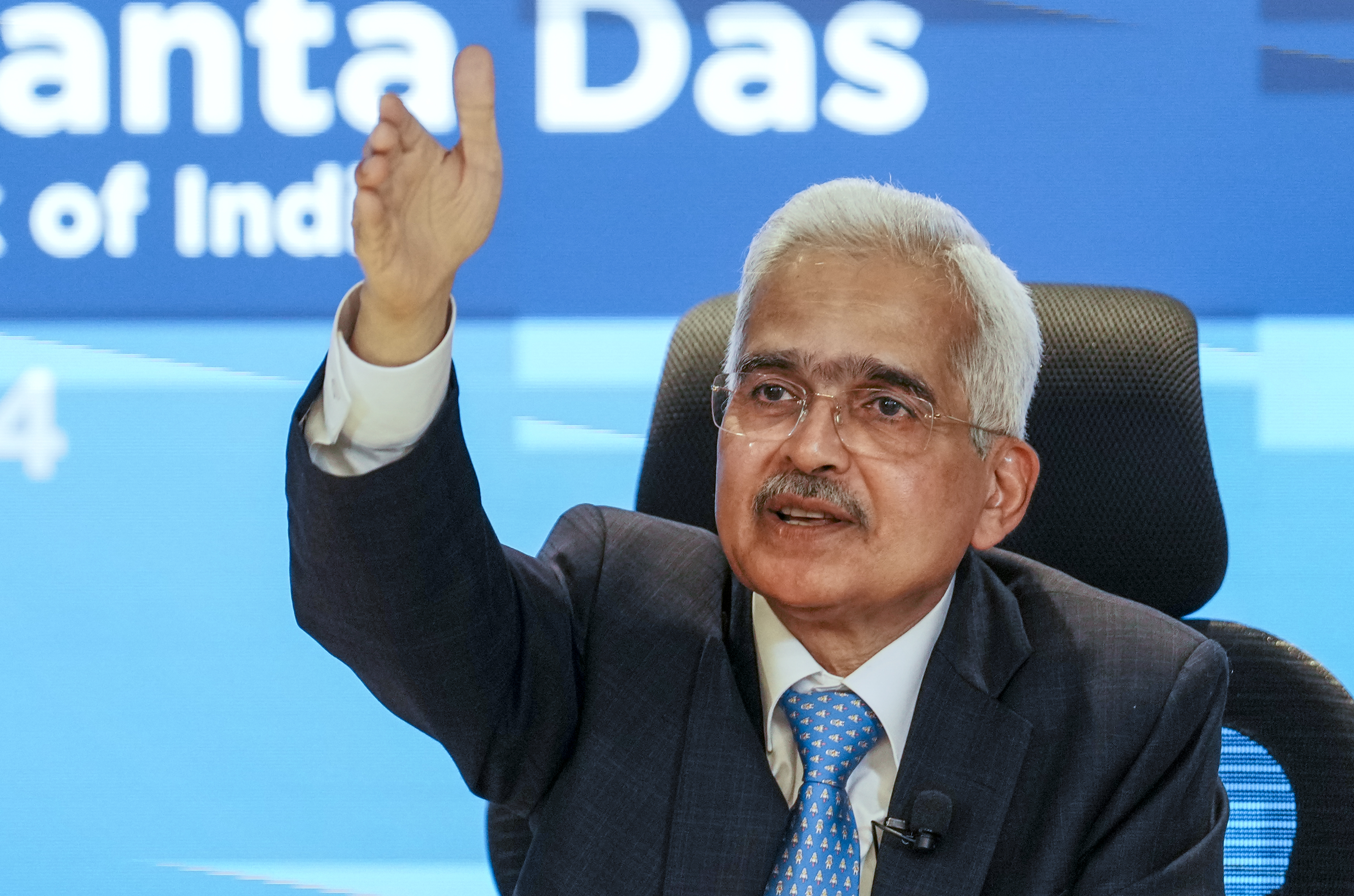

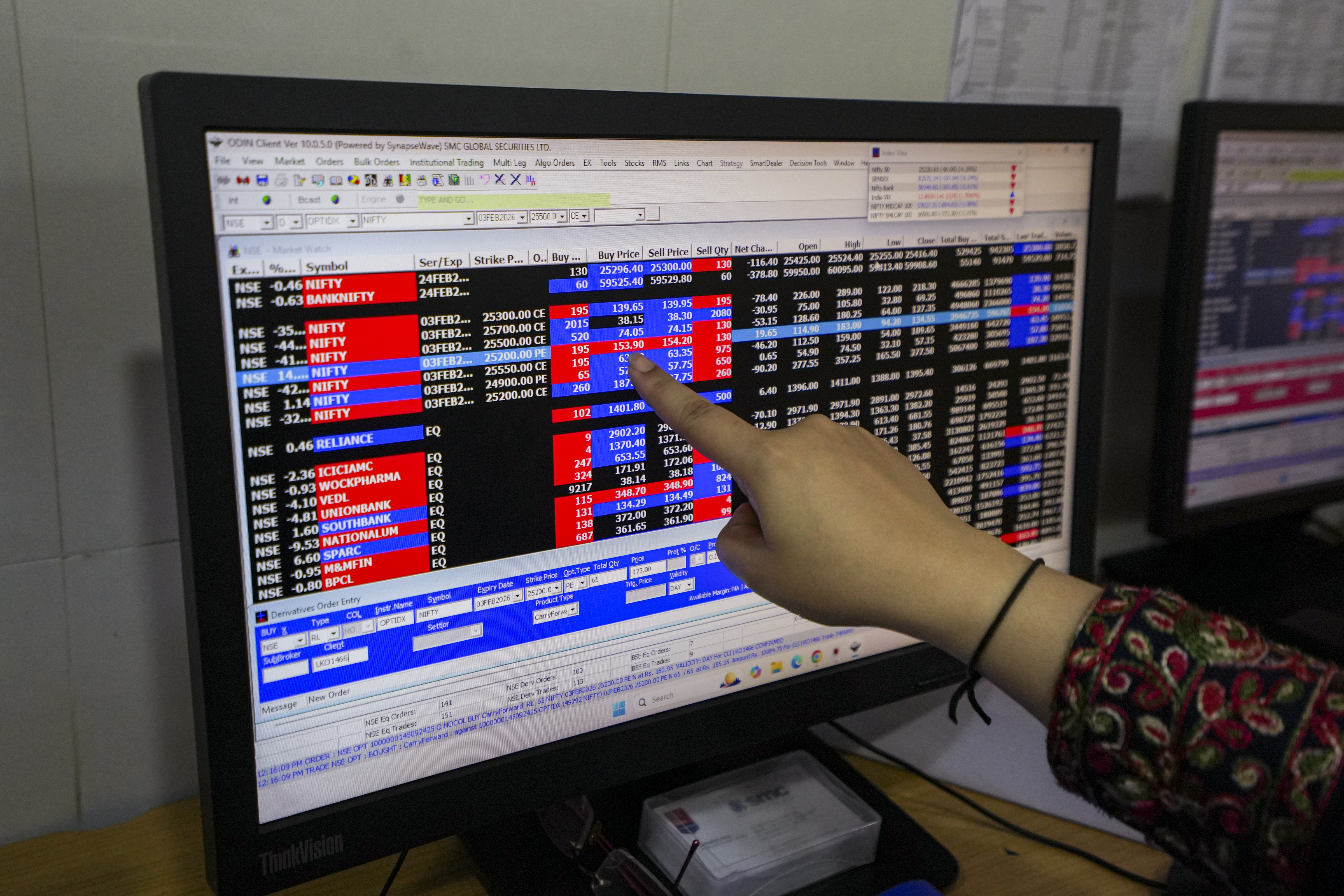
.png)
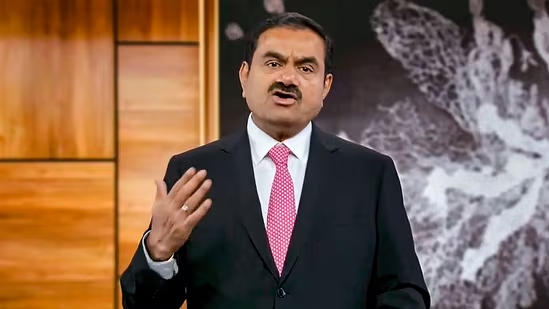


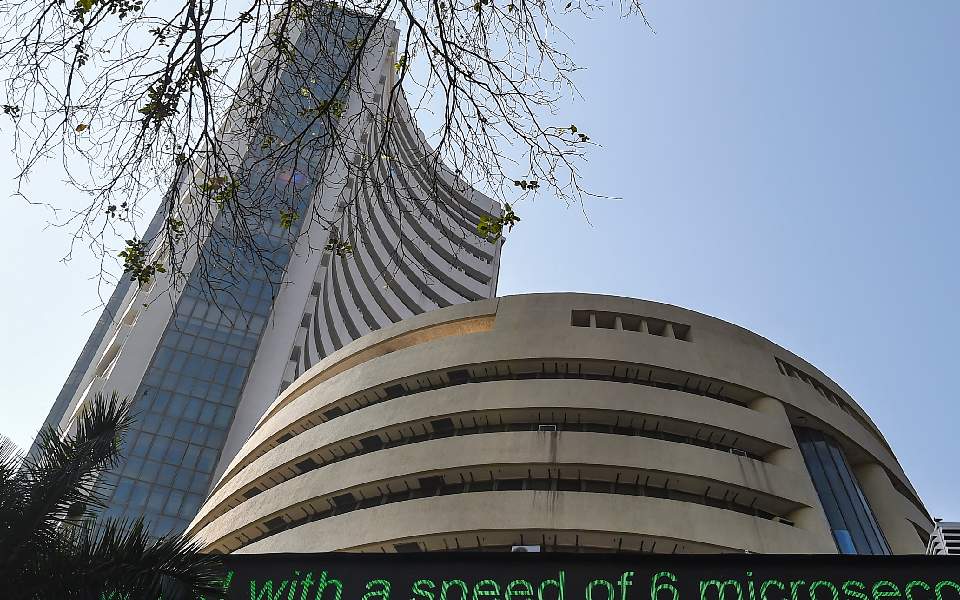
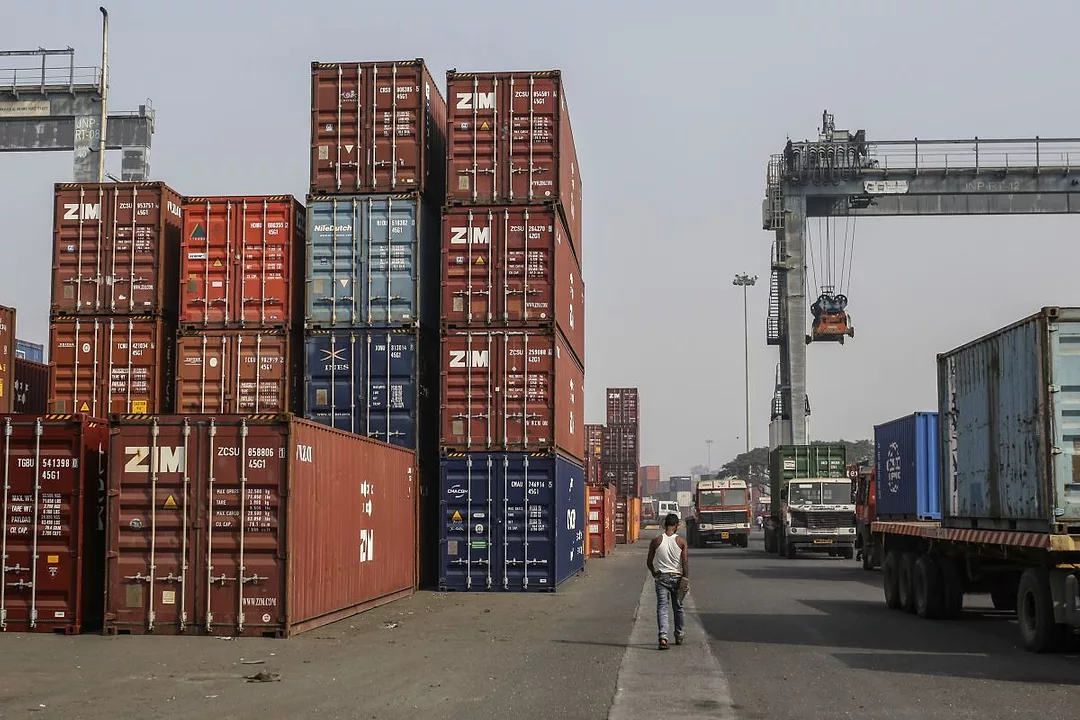
.png)

